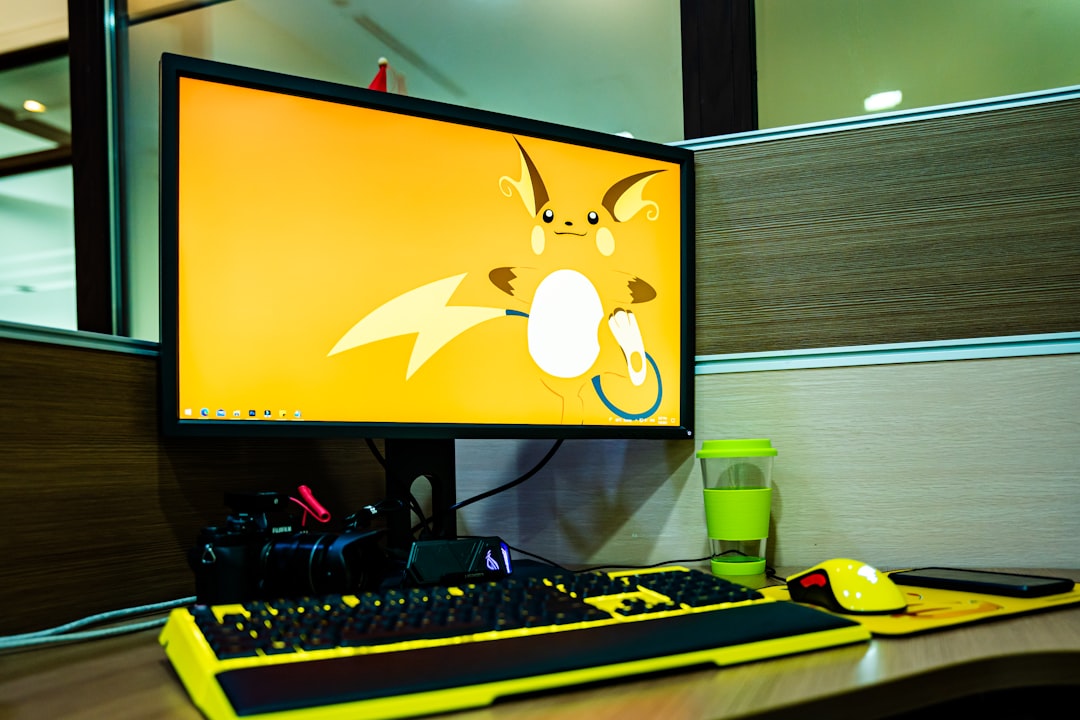As AI technologies become more integrated into everyday life, users often wonder just how secure and private their conversations are with tools like ChatGPT. While these AI assistants are helpful for tasks ranging from brainstorming ideas to coding and even emotional support, the data exchanged in these interactions presents important questions about privacy and data security.
Understanding the privacy of your conversations with ChatGPT requires a closer look at how data is handled, what policies govern its use, and what steps users can take to protect themselves. The following article breaks down these aspects clearly.
Data Collection and Retention: What Does ChatGPT Store?
When a user interacts with ChatGPT, especially when logged into an account, the content of that interaction is often stored on servers operated by OpenAI, the company behind ChatGPT. This data is used primarily to improve the model’s performance through supervised learning and fine-tuning. Importantly, OpenAI states that it does not use data from ChatGPT Enterprise or API customers for training purposes unless explicit permission is given.
The standard free and Plus versions of ChatGPT, however, do collect and may use conversation data to train and refine the model. This data is anonymized to remove identifiers where possible, but the content of the message is still reviewed in some cases by human trainers.

Can Employees Access My Conversations?
Yes, but conditionally. Some conversations, especially those flagged by automated systems, may be reviewed manually to evaluate performance or to ensure that content policies are being upheld. OpenAI assures that this access is limited and strictly controlled, and human reviewers are trained to handle sensitive information appropriately.
User Controls and Data Settings
Privately-conscious users can take steps to protect their data. ChatGPT offers the ability to turn off chat history, meaning that conversations will not be saved or used for training purposes. This is particularly useful for those dealing with confidential or sensitive topics.
To enable this feature, users can:
- Log into their ChatGPT account
- Go to Settings
- Toggle the switch for Chat History & Training to “off”
When chat history is disabled, temporary conversations are still visible during the session but are discarded later and cannot be retrieved.
Is End-to-End Encryption Used?
Currently, standard conversations with ChatGPT are protected through HTTPS, the same security protocol that secures most websites. However, this is not the same as end-to-end encryption (E2EE), where only users involved in the conversation can read its content. With HTTPS, data is still visible to the service provider, meaning OpenAI has access to the messages.
The Enterprise Advantage
For organizations using ChatGPT Enterprise, OpenAI offers enhanced privacy features. These customers have complete control over their data, and none of their information is used for model training. In addition, enterprise-grade security protocols and compliance with various data protection standards (such as GDPR and SOC 2) are implemented.
Best Practices for Users
To maximize privacy when using ChatGPT, users should follow these best practices:
- Avoid sharing personal, financial, or sensitive information
- Disable chat history when discussing confidential matters
- Review OpenAI’s privacy policy regularly for updates
- Use Enterprise or API access for strictly private or commercial use

FAQs About ChatGPT Privacy
- Is my conversation with ChatGPT stored permanently?
No. Conversations may be stored for model improvement for a limited time. Turning off chat history can prevent storage. - Can ChatGPT access my personal files or data?
ChatGPT has no access to any files or systems unless information is explicitly provided by the user during the session. - How can I delete my data?
Users can delete specific conversations or request full data deletion through their OpenAI account settings under “Data Controls.” - Does ChatGPT use my data for advertising?
No. OpenAI does not use conversation data for targeted advertising purposes. - Is ChatGPT safe for workplace use?
For private or commercial activities, the Enterprise version is best suited due to enhanced data controls and security guarantees.
Understanding how AI platforms handle data is vital in a digital age where personal information is exchanged rapidly. While ChatGPT offers convenience and power, users should remain aware of how their information is used, with options available to ensure higher levels of privacy.




